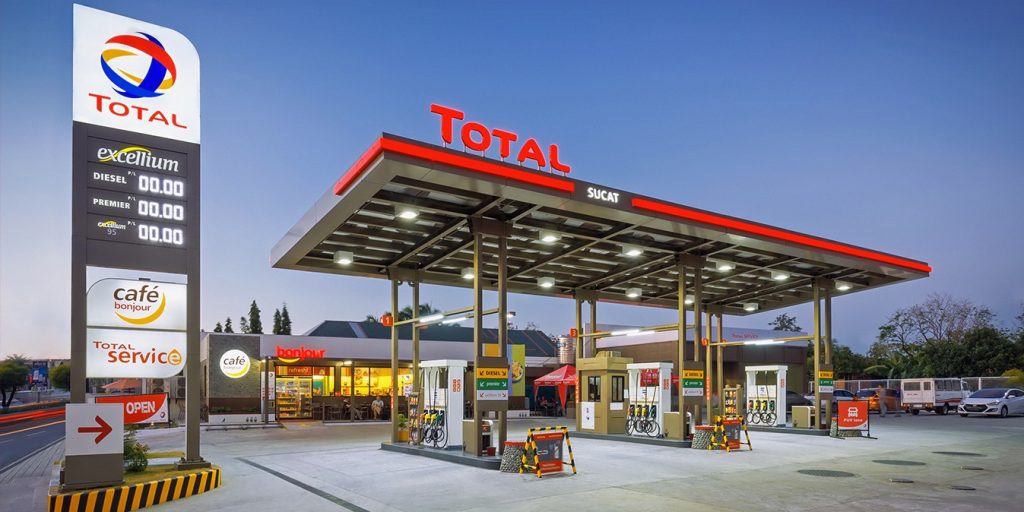Tanzania’s petrol and gas sector is transformative, with data pointing towards an unprecedented growth trajectory. According to an Energy and Water Utilities Regulatory Authority (EWURA) report, the nation saw its petrol stations leap from 1,270 in October 2020 to a staggering 2,032 by March 2022. This addition of 762 stations in 18 months is not just a statistic; it’s a testament to the industry’s dynamism and the country’s evolving energy landscape.
Driving Forces Behind the Surge
Several intertwined factors have fueled this rapid expansion:
- Economic Growth: Tanzania’s blossoming economy has spurred urbanization and increased consumer spending. As urban centers swell and the middle class burgeons, the demand for vehicles and fuel has skyrocketed.
- Government Initiatives: The Tanzanian government, recognizing the energy sector’s potential, has rolled out investor-friendly policies and incentives. Their focus on enhancing transportation and connectivity has also indirectly spurred the growth of fuel stations, especially along major transit routes and in previously underserved rural areas.
- Private Sector Participation: Encouraged by the government’s initiatives, the private sector has actively invested in expanding the petrol station network, further accelerating growth.
Revving Up Tanzania’s Economy
The burgeoning growth of Tanzania’s petrol and gas sector has ushered in many economic benefits and strategic advantages for the nation. Each newly established petrol station catalyzes job creation across various domains, from the foundational construction phase to the operational and retail facets. This expansion in infrastructure, coupled with the surge in fuel consumption, has significantly boosted the country’s tax revenues, paving the way for enhanced public investments.
Furthermore, this rapid petrol and gas industry development has played a significant role in diversifying Tanzania’s economic portfolio, reducing its dependence on traditional sectors and thereby instilling greater resilience against economic fluctuations. Complementing these economic strides is the strategic advantage of energy security; the comprehensive petrol and gas infrastructure ensures a steady and consistent fuel supply across the nation, fortifying Tanzania’s energy stability and self-reliance.
Tanzania’s rapid expansion in the petrol and gas sector is a testament to its growing economy and forward-thinking infrastructure development. This growth, while indicative of the nation’s progress, is not without its complexities. The surge in petrol stations, driven by urbanization and increased vehicle ownership, brings with it a host of benefits. Every new establishment signifies job creation, spanning from construction to daily operations and retail.
Furthermore, the uptick in fuel consumption directly correlates with higher tax revenues, providing the government with additional resources to reinvest in public services and infrastructure. This diversification in the economy, with a shift towards the energy sector, ensures that Tanzania is less dependent on its traditional industries, paving the way for a more resilient economic framework. Moreover, the widespread petrol and gas infrastructure acts as a bulwark, ensuring a steady and consistent fuel supply, which is paramount for national energy security.
Balancing Growth and Sustainability
However, the rapid growth trajectory is intertwined with immediate challenges. Environmental concerns are at the forefront, with the potential threats of groundwater contamination and air pollution looming large. The expansion of petrol stations may pose ecological challenges, such as groundwater contamination and air pollution. The onus is on government and private entities to enforce strict regulations and champion eco-friendly practices.
With the increasing number of stations, there’s an amplified need for rigorous safety measures to protect the public and the environment. Urban planning becomes pivotal, ensuring that the growth of petrol stations is strategic and doesn’t contribute to urban congestion or impinge on vital natural habitats. The market, too, is in flux. The station surge could lead to heightened competition, with individual businesses grappling to maintain their profitability in a saturated market. As Tanzania navigates this intricate landscape, collaboration between stakeholders will be vital to ensuring a balance between growth and sustainability.
The narrative of Tanzania’s petrol and gas sector is one of promise, but it’s also a call to action. The potential benefits are immense, but they come with the responsibility of sustainable and environmentally conscious growth.
Collaboration will be the linchpin – the government, private entities, and the public must come together to address challenges head-on. This includes championing green practices, ensuring safety standards, and fostering a competitive yet sustainable market environment.
In conclusion, Tanzania stands at a critical juncture. The petrol and gas sector’s growth offers a glimpse into a future where economic prosperity coexists with environmental responsibility. By marrying innovation with foresight, Tanzania can set a precedent, not just for itself but for nations worldwide, illustrating that growth and sustainability aren’t mutually exclusive but can, in fact, fuel each other.

